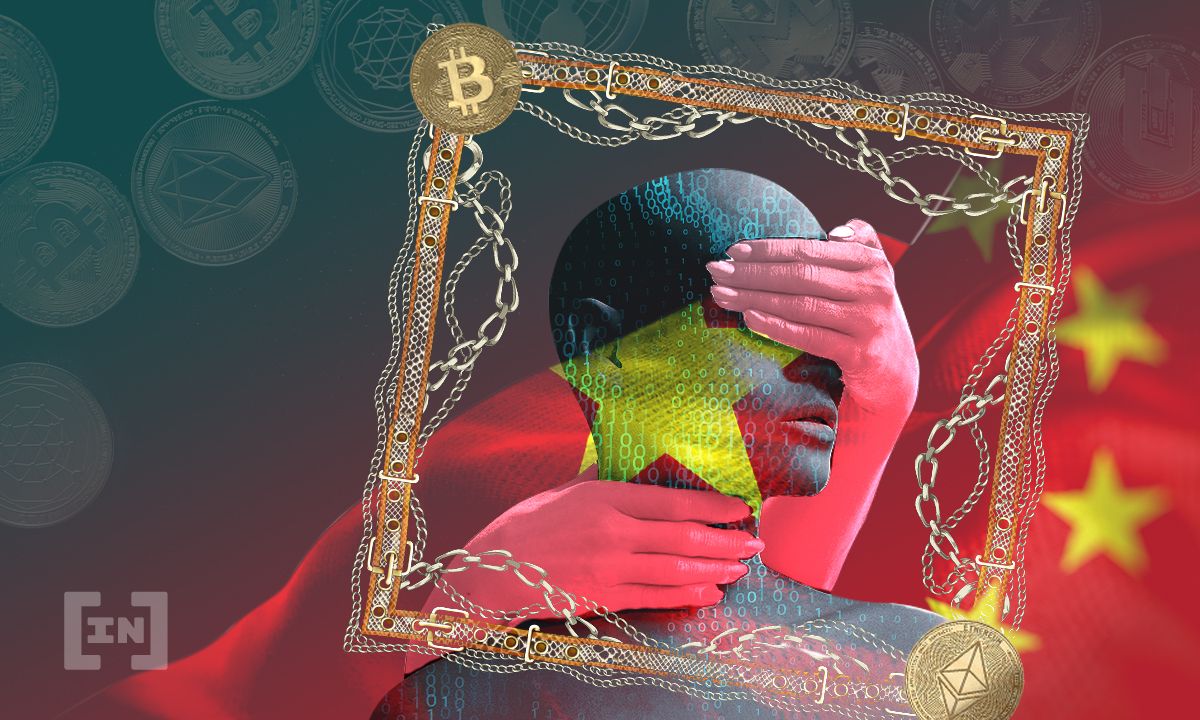China’s Supreme Court ruled that cryptocurrency transactions count as illegal fundraising and warned violators could face up to 10 years in jail and fines up to $79,000.
The Supreme Court’s order gives authorities the green light to take legal actions against the cryptocurrency market.
It also affirms the previous ruling by the People’s Bank of China (PBoC), the country’s central bank, classifying crypto transactions as illegal fundraising.
The Supreme Court’s order provides specific penalties and sanctions against violators and now classified all crypto market dealings as a criminal offense.
Under Article 176 of China’s criminal law, violators of cryptocurrency transactions will face between three and 10 years imprisonment and a penalty ranging from RMB 50,000 ($7,900) to RMB 500,000 ($79,000).Violators
Less severe violations would receive three years in prison and fines ranging from $3,160 (RMB 20,000) to $31,600 (RMB 200,000).
The amendment took effect on March 1. Chinese authorities have issued a wide-ranging crackdown against crypto activities. And the provinces of Zhejiang, Hainan, and Inner Mongolia have raised electricity rates for crypto mining.
Last week, a digital contest caused a stir after thousands of dollars in cash prizes were offered to participants if they could solve problems identifying crypto mining activities in the country.
China holds contest to pinpoint crypto mining activities
This year’s Digital China Innovation Contest, held annually since 2019, is offering a $25,000 cash prize for contestants who can provide the most efficient algorithm-based resolution to pinpoint crypto mining activities. The tournament is being held in Fuzhou, capital of East China’s Fujian Province, from Jan to April and comprises 10 “racing tracks.”
Last year, Chinese authorities banned all banks and online payments channels from providing their clients any services involving cryptocurrency.
This represents a change in policy from a previous announcement by the PBoC. Deputy governor, Li Bo, said, “We regard bitcoin and stablecoins as crypto-assets[…]These are investment alternatives.”
Disclaimer
In adherence to the Trust Project guidelines, BeInCrypto is committed to unbiased, transparent reporting. This news article aims to provide accurate, timely information. However, readers are advised to verify facts independently and consult with a professional before making any decisions based on this content. Please note that our Terms and Conditions, Privacy Policy, and Disclaimers have been updated.

